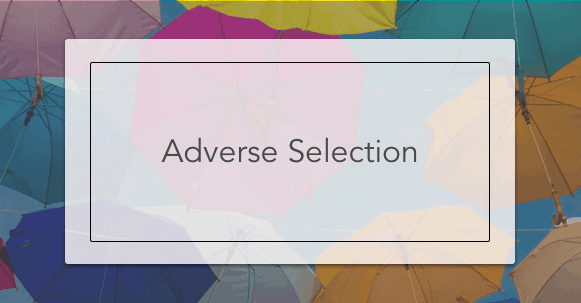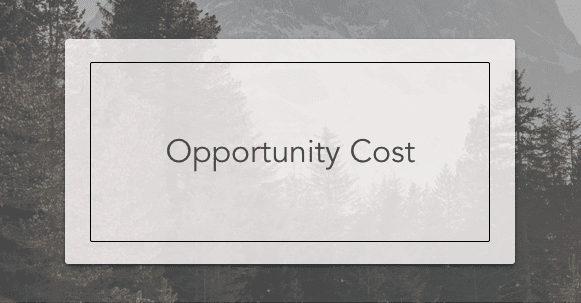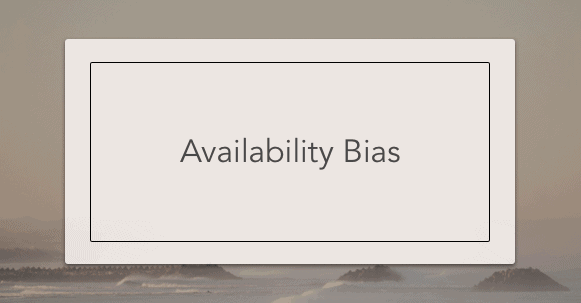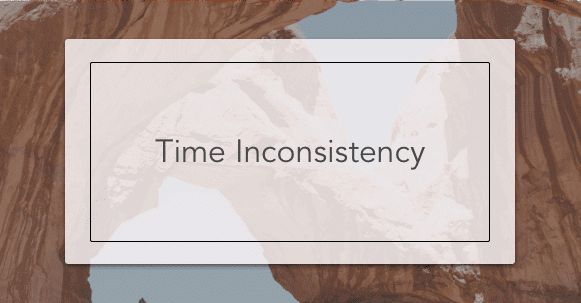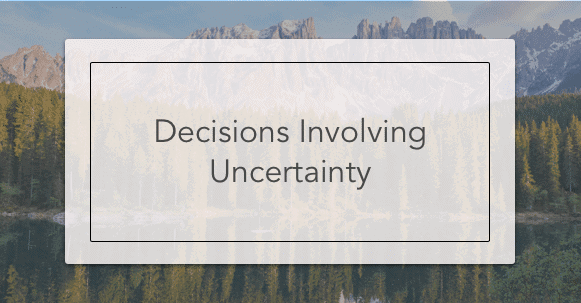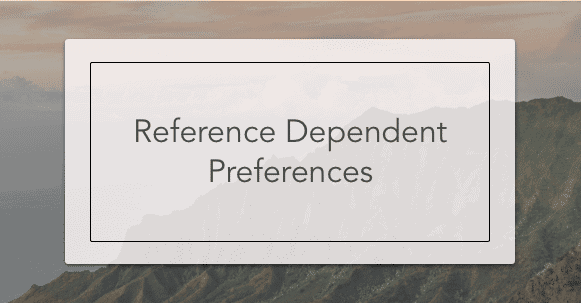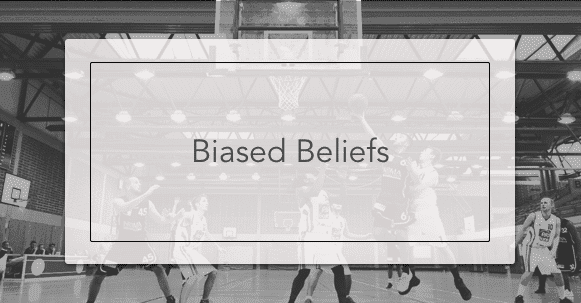Adverse Selection
Sometimes known as “anti-selection,” Adverse selection describes circumstances in which either buyers or sellers use information that the other group does not have, specifically about risk factors related to a particular business undertaking/transaction.

 Behavioral economics is a branch of economics that seeks to understand the psychological patterns that underlie economic behavior. Though we often say that people are “rational actors” and are likely to behave in certain ways under certain economic conditions, behavioral economics explains this rationality. It places it in a cultural, psychological, and social context. It also aims to resolve the inconsistencies between traditional economic laws and actual human behavior. As such, it extends beyond traditional economics to borrow from fields such as psychology and neuroscience. This field allows economists to predict market trends more accurately, describe phenomena, and determine the accuracy of economic models.
Behavioral economics is a branch of economics that seeks to understand the psychological patterns that underlie economic behavior. Though we often say that people are “rational actors” and are likely to behave in certain ways under certain economic conditions, behavioral economics explains this rationality. It places it in a cultural, psychological, and social context. It also aims to resolve the inconsistencies between traditional economic laws and actual human behavior. As such, it extends beyond traditional economics to borrow from fields such as psychology and neuroscience. This field allows economists to predict market trends more accurately, describe phenomena, and determine the accuracy of economic models.